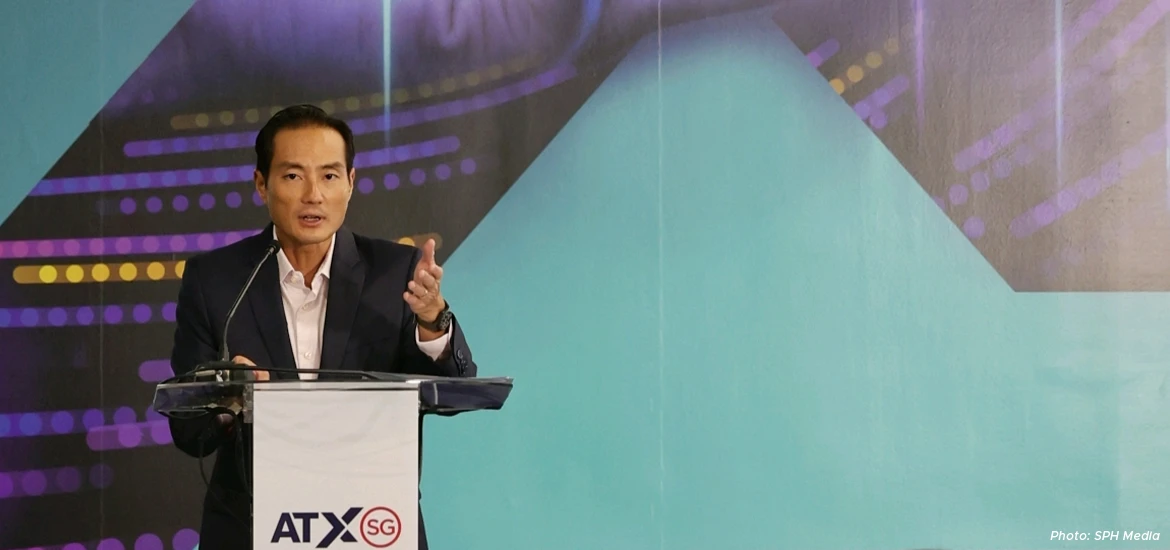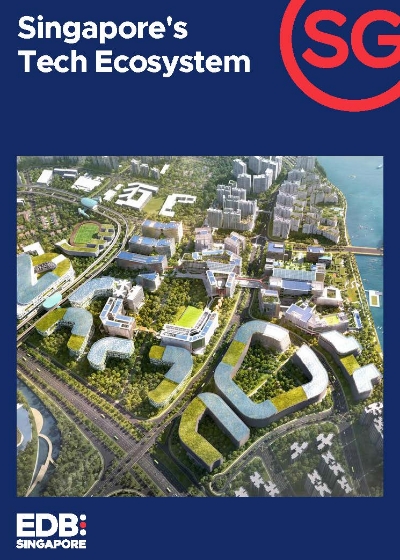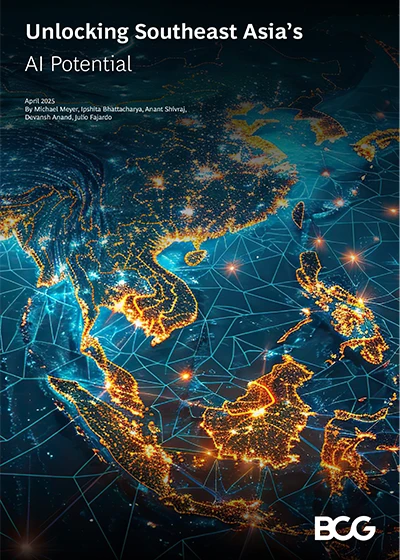About 800 new training opportunities and as many as 500 new projects to benefit 1,000 enterprises will be rolled out as Singapore doubles down on artificial intelligence (AI), a cornerstone of its digital economy strategy.
Both mid-career AI novices as well as seasoned practitioners could have a stab at 400 training places at national programme AI Singapore (AISG) over the next three years.
Another 400 training places will be made available by companies ranging from Amazon Web Services (AWS) and Oracle to Microsoft and Singtel.
The new places will add to Singapore’s current pool of more than 6,000 AI professionals, said the Infocomm Media Development Authority (IMDA) at the start of its three-day ATxEnterprise 2025 conference, held under its annual cluster of Asia Tech x Singapore events.
Making the opening address on 27 May to about 200 delegates at Singapore Expo, Senior Minister of State for Digital Development and Information Tan Kiat How said the digital economy contributes to nearly 18 per cent of the local economy.
And the country continues to draw investments. To date, at least 26 AI Centres of Excellence have been set up by organisations to drive AI innovation activities. These centres are often hubs for experimentation, training, and sandboxing.









